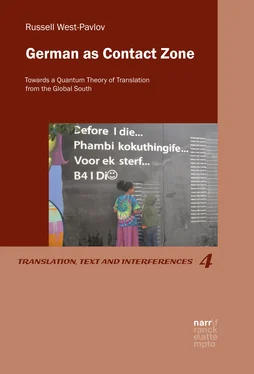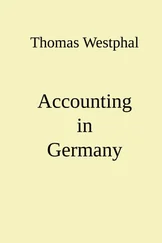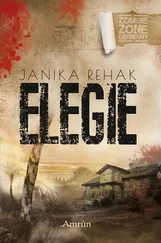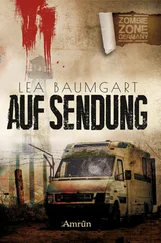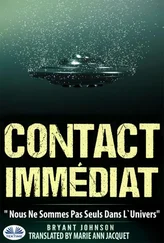By contrast, for Ingold life is all around us, distributed and dispersed. But, precisely because of this ubiquity, it cannot be thought of as an attribute. It must be thought of as a relational process. Life is not something that one has, nor that everyone has, but rather, the processual mode of existing together by which things are. Life, in other words, happens. It happens, in its hypothetically most minimal form when two entities interact. But these entities are themselves constituted of processes, which in turn are constituted of sub-processes, and so on, and these entities are embedded in much larger networks of processual relations, so that the constitutive notion of the boundary or border that defines both attribute and entity must be abandoned. Life has no boundary or outside or opposite (most certainly not that of death). There is no oppositional relationship à la Saussure that defines life. As Ingold (ibid: 4) notes,
It is of the essence of life that it does not begin here or end there, or connect to a point of origin with a final destination, but rather that it keeps on going, finding a way through the myriad of things that form, persist and break up in its currents. Life, in short, is a movement of opening, not of closure.
If there is a difference that is somehow constitutive of life, it is not a static, spatialized one located on its borders, at the sites where life meets the nonliving, or at the moment when life comes to an end. Rather, this constitutive difference is one that is dynamic and generative within itself. This difference is the point of encounter between a given process and other processes that attract, deflect, transform it, thus triggering the next stage of the unending process. The border is between life and life, between its constitutive processes. Simondon again: life lives at is own limits. Each of these borders is a moment of ‘translation’, as one process encounters another and undergoes a transformative metamorphosis.
These notions in turn have implications for agency. Agency is not a property of internalized identity and stability, but is conferred and devolved onto the actants by their inter-actants, or interlocutors, by the connections that take place within the interaction. Rejecting the accusation of anthropomorphism frequently levelled at notions of animism, Ingold suggests that ‘The animacy of the lifeworld, in short, is not a result of the infusion of spirit into substance, or of agency into materiality, but is rather ontologically prior to their differentiation’ (Ingold 2011: 68). One could make a similar argument for language and for linguistic agency, and especially the creative agency that putatively accompanies the command of the symbolic function of language. The task is not to raise nonhuman entities into the realm of language, but in fact to recognize the already-always location of all beings within a meshwork of creativity, whether linguistic or lively, that is ontologically prior to their differentiation: As Liz Grosz (2011: 19) has suggested, ‘Language is not the uniquely human accomplishment that post-Enlightenment thought has assumed.’ Summarizing the work of Darwin, she notes the prevalence of language as ‘a mode of sexual allure, as a form of enhancement and intensification’ ‘which man shares with many species’ (ibid: 18). It is ‘already a tendency, residing within the voice and other organs capable of resonating sound, to articulate, to express, to vibrate, and thus in some way to affect bodies’ (ibid: 19). To the extent that language is a creative, connective, generative business from the outset, languaging would emerge as a process similarly ontologically prior to the differentiation between iconic, indexical or symbolic uses of language. The creativity of language at its apparently most autonomous would in fact be a creativity of one sector of the world as it unfurls in creative contact with other sectors at one of its extreme outer edges—a linguistic-ontological meshwork of becoming. Language, in this sense, becomes neither a descriptor of inherent agencies, nor an inherent agency in itself, but rather, a site of of shared, participatory, collaborative agencies. Agency is always already devolved and derivative, and linguistic agency remains, even in the symbolic, devolved and derivative. Every language is thus a contact zone. And every entity is a translator, translating itself via its own constitutive difference between what it is and what it may become—in concert with others.
Конец ознакомительного фрагмента.
Текст предоставлен ООО «ЛитРес».
Прочитайте эту книгу целиком, купив полную легальную версию на ЛитРес.
Безопасно оплатить книгу можно банковской картой Visa, MasterCard, Maestro, со счета мобильного телефона, с платежного терминала, в салоне МТС или Связной, через PayPal, WebMoney, Яндекс.Деньги, QIWI Кошелек, бонусными картами или другим удобным Вам способом.
